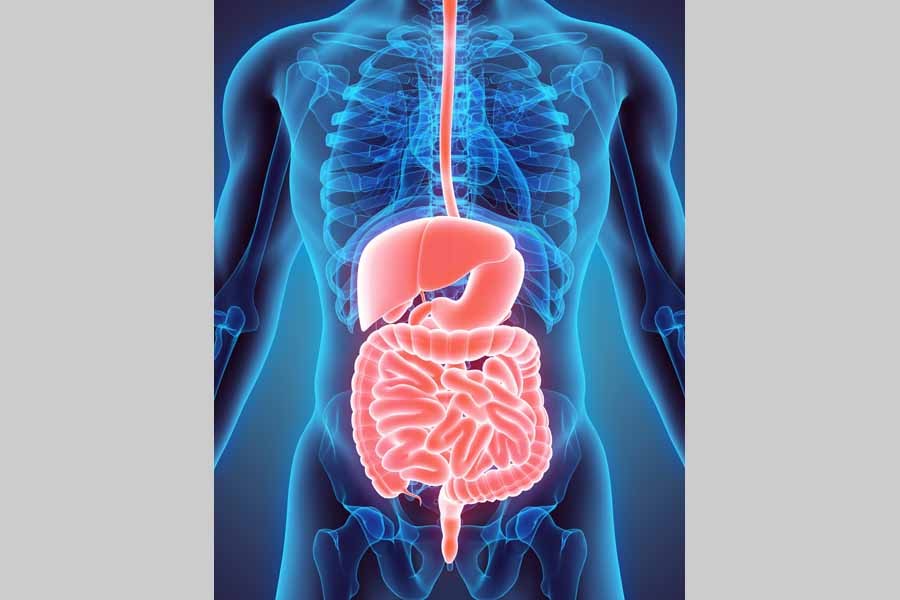It is no secret that the number of people suffering from diseases, including flatulence, gastric ulcer, chronic dysentery, involving their digestive system is very high in Bangladesh.
Almost every third person does very often complain about acidity or other problems with his/ her digestive system.
However, it is difficult to guess the enormity of the problem without any hard statistics. At the moment neither the directorate of health nor any other agency has any such authentic data.
But the latest data on the sale of antacids and anti-ulcer drugs might help one to have an understanding of the sweep of this particular health problem in the country.
According to IQVIA, an American multinational product-based company serving the combined industries of health information technologies and clinical research, Bangladeshis consumed anti-ulcer drugs worth over Tk 30 billion in 2018.
The amount is equivalent to nearly 15 per cent of the total turnover of the local pharmaceutical companies in that year.
What is more interesting is that the local drug manufacturers fetched a far less amount--- Tk. 17 billion--- from the sale of antibiotics, the second top selling drug that fights infections in 2018.
In fact, people buy anti-ulcer drugs rather indiscriminately, for they do not have to produce any prescription for that. Most people here consume these drugs mainly to get relief from the problem of acidity.
However, in Bangladesh, one can buy any drug without prescription from pharmacies.
Though millions of people are suffering from diseases involving their all-important digestive system and consuming anti-ulcer drugs worth billions of taka every year this particular health problem is not adequately discussed at the official level.
Why do people in large numbers suffer from stomach ailments?
The number one problem obviously is their food habit, meaning that they use too much spices, particularly red chillies, in preparation of their daily foods. Besides, they are prone to consuming oily foods in greater volume.
High consumption of oil and spices would not have been a major problem had the quality of these ingredients been good.
Unscrupulous section of manufacturers and traders tend to adulterate food items, including spices, edible oil, fish, using harmful chemicals, dyes and other items to maximise their profit.
Again, there is widespread use of pesticides for cultivation of food crops, vegetables and fruits.
Adulteration of food being widespread is now posing a serious threat to human health. The problem is not at all urban-centric. Small producers and traders of food items in villages have picked up the bad habit of adulterating food items. A case in point is the large-scale use of carbide in ripening banana and other fruits. Though carbide is not that harmful if fruits are washed thoroughly before eating, it gives rise to some health problems.
There are many other uses of harmful chemicals and dyes and the people are not at all aware of the same.
A vernacular daily on Wednesday ran a front-page story highlighting that 85 per cent foods people are consuming in Dhaka are adulterated. There could be dispute over percentage, but the problem of adulteration, no doubt, is all-engulfing.
It is very often claimed by health experts that adulterated foods are responsible for high incidence of cancer, kidney and heart ailments and none would ever dispute the claim.
But, one has to remember the fact that the first destination of whatever we consume is stomach where it is digested. So, anything harmful is supposed to hurt stomach and the digestive system first and, later, it would affect other organs, depending on the nature and properties of the chemicals.
So, the country's pharmaceutical companies might be enjoying high sale of anti-ulcer drugs, but the health problem involving the digestive system of population has been worsening. Creating greater awareness among the population about this health problem should be a priority job of the government.


